News from our cities and networks – summer edition!
Edited on
25 August 2022What have been the hot topics of this season? Find out which subjects were the most popular among our projects.
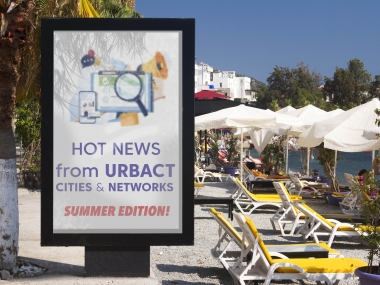
Look back to look ahead
As we sadly approach the conclusion of the Action Planning Network’s activities, the iPlace network has taken the time to reflect on what does it mean to be an URBACT city. Using the case of Amarante (Portugal), the Local Project Coordinator tells us how the city – which begun its journey with the CityCentreDoctor network (2015 – 2018), then with the BeePathNet (2018 -2021) and, finally, taking the leading role in iPlace (2019 – 2022) – has been an insightful and valuable experience.
According to the author of the ‘Cities’ strategies in between URBACT networks’ article, “URBACT is not only a school for European cities”, but also a lab for cities to experiment new ideas. The city of Amarante looks forward to what lies ahead and is ready to share the lessons learnt with new cities. Interestingly enough, one of the projects that has helped shaping Amarante’s URBACT history is currently taking the extra mile to share its knowledge with new cities, by repeating – in a new way – its first network experiment: the BeePathNet Reloaded Transfer Network!
Interested by the transfer process, but don’t know the first thing about bees? Take a chance on BeePathNet Reloaded and enjoy their most recent piece: ‘Apitourism – an alternative activity for demanding citizens and tourist’. This is a network that makes a clear stand on why it’s important for us to build urban jungles and how why innovative measures can support different fields. This ranges from education, think-tanks and even tourism, as the article explains. Which leads us to the next topic…
Tourism grows back
The tourism industry saw a strong rebound this year (UN World Tourism Organisation, 2022), particularly during the summer when some airports in Europe set the scene for chaos. Luckily for us, things seemed to be calmer – but no less exciting – for URBACT cities at local level.
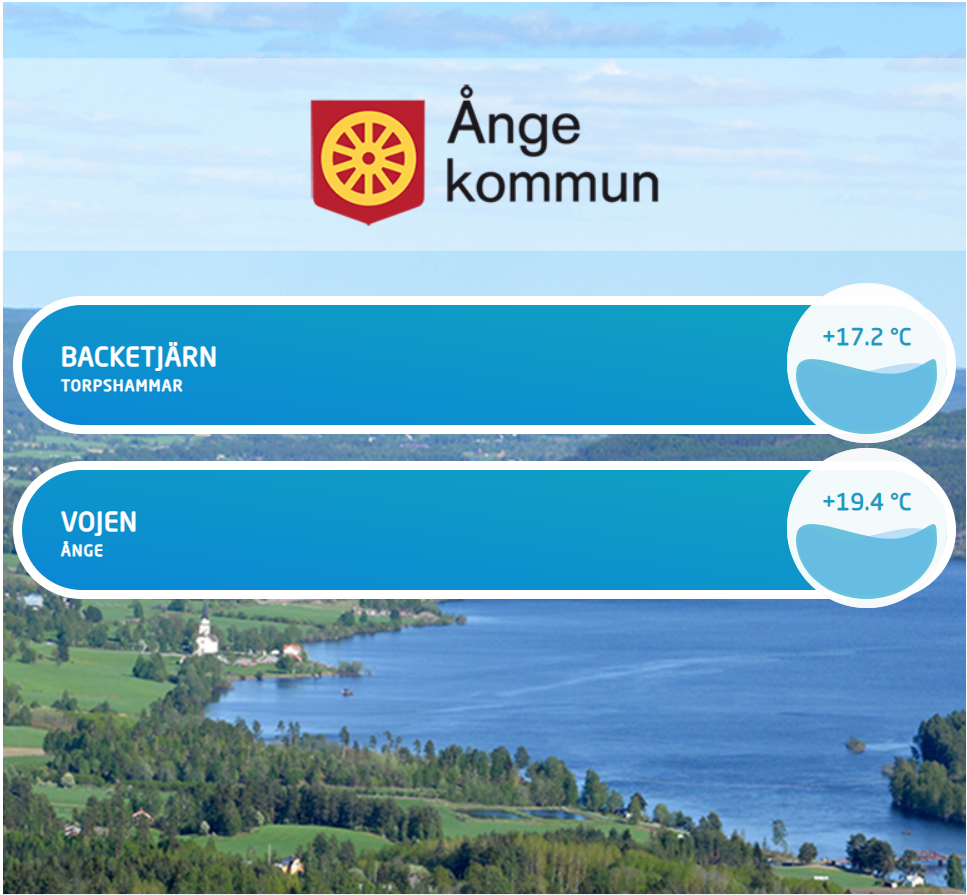 Back in July, the city of Birmingham (UK) hosted the 2022 Commonwealth Games, a quadrennial multi-sport event with all Commonwealth Nations. You might ask what such a large event has to do with URBACT, the partners from the USE-IT Transfer Mechanism have asked themselves the same question. It all boils down to legacy and making long-term impact, read more about it here.
Back in July, the city of Birmingham (UK) hosted the 2022 Commonwealth Games, a quadrennial multi-sport event with all Commonwealth Nations. You might ask what such a large event has to do with URBACT, the partners from the USE-IT Transfer Mechanism have asked themselves the same question. It all boils down to legacy and making long-term impact, read more about it here.
Moving further north, to the Swedish city of Ånge, the IoTxChange network has recently shared a very nice tip for smooth a refreshing summer break. As a part of the network’s small scale actions to put ideas into test, IoTxChange partners have supported the Swedish peers to mix the internet of things and the biggest summer touristic attraction around: the lakes! Thanks to two sensors that were placed at the municipalities’ most visited lakes, visitors can check in real time the lake’s temperature and make the most of the bathing season, find out more here.
Site visits and walkshops are also back
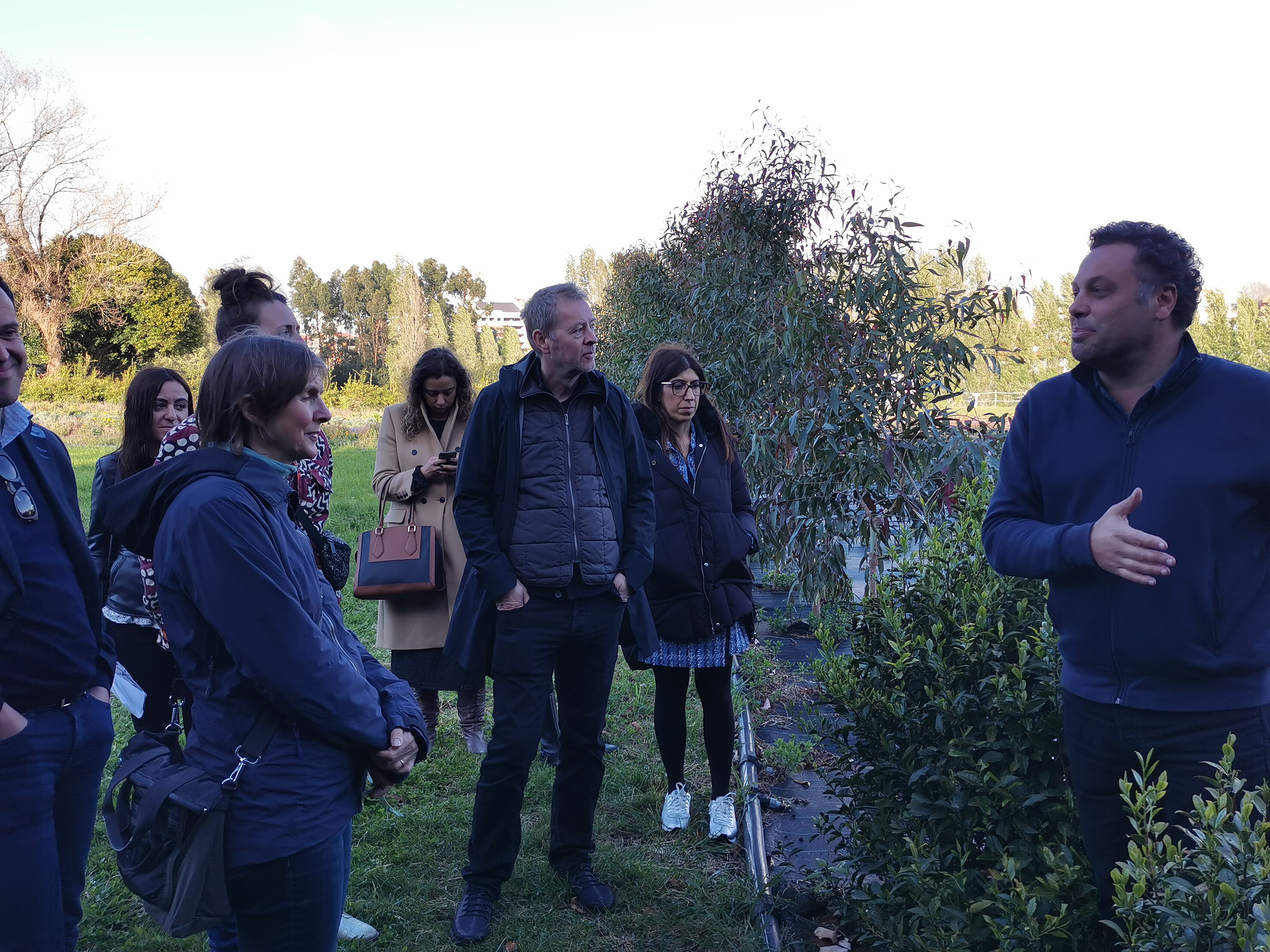 After quite some time exploring the “zoom-universe”, URBACT networks are finally meeting in-person once again! The title of the next article says it all: ‘Vilawatt live and in person’. For the first time ever, all partners from the Vilawatt Transfer Mechanism pilot were able to come together in Viladecans (Spain). This was an occasion to witness the model of energy transition in place, but to celebrate too.
After quite some time exploring the “zoom-universe”, URBACT networks are finally meeting in-person once again! The title of the next article says it all: ‘Vilawatt live and in person’. For the first time ever, all partners from the Vilawatt Transfer Mechanism pilot were able to come together in Viladecans (Spain). This was an occasion to witness the model of energy transition in place, but to celebrate too.
Also coming from a Transfer Mechanism project, the partners from NextAgri have taken a trip to Milan (Italy). Besides a well-structured programme, participants seized different local visits, what led them to conclude that their mission can only be achieved with site visits. Do you agree? Read for yourself: ‘Why the URBACT Method does not work without site visits’.
A Thriving Streets Ad-hoc Expert has come to a similar conclusion in the course of this Action Planning Network’s journey. She makes a very compelling point ‘Why walkshops matter’ – you read it right, it’s a mix of walking tours and workshops. By taking a deep-dive and hands-on approach, cities can better support the process of urban renewal.
Other hot topics
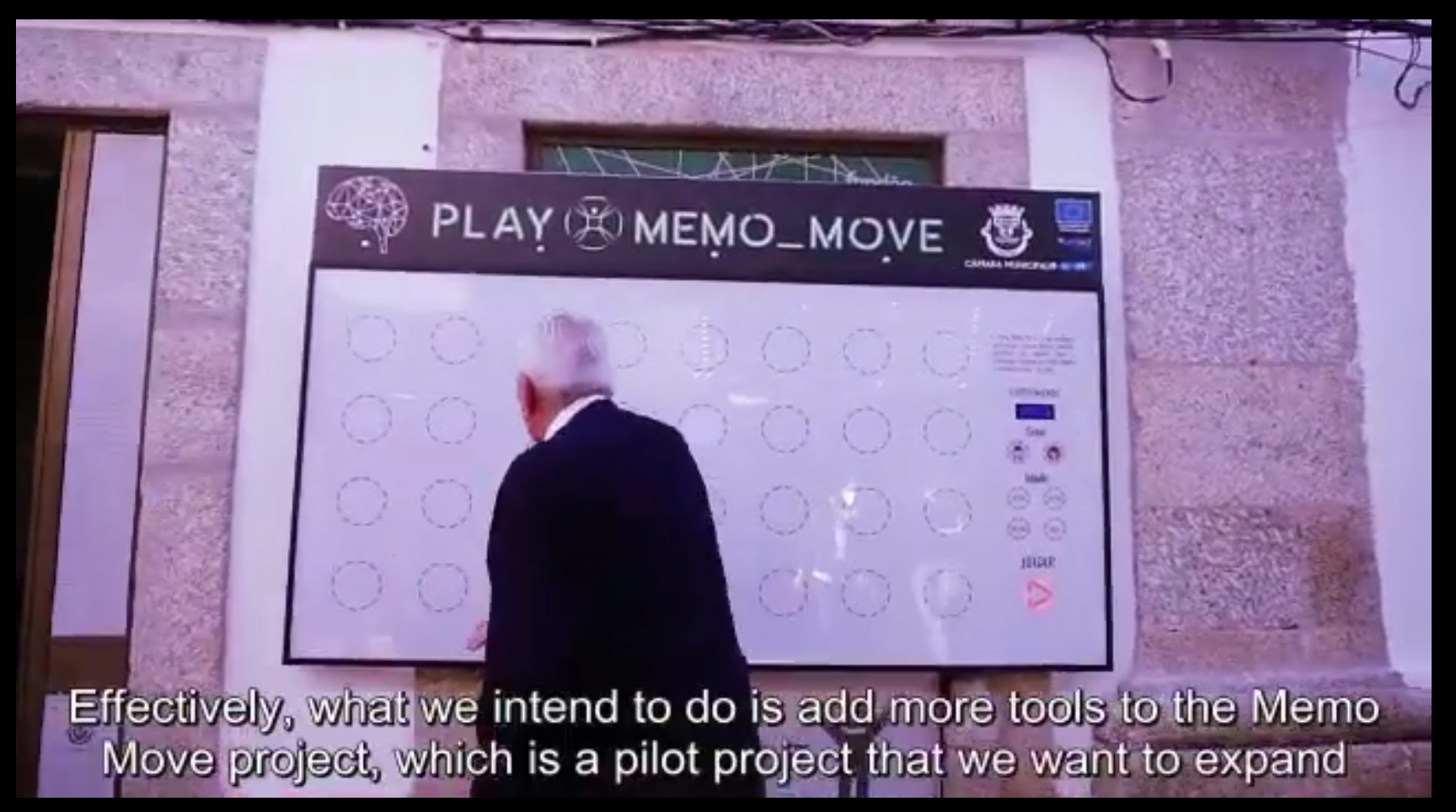
Gamification is trending! Just like a walkshop is and interactive and out-of-the-box way to tackle urban challenges, gamification is a useful tool to invite different people to engage and reflect about a certain topic. Check out how the Space4People and the SIBdev Action Planning Networks have benefited from playing with a role-play card game and an interactive board in the streets of Fundão (Portugal). The Transfer Network Tech Revolution 2.0 has also reached the conclusion that "communities that play together, stay together", following a recent study visit to Finland.
The tech hypes of the season include the ‘Smart Bins and Digital Twins’ from the DigiPlace Action Planning Network, an inspiring tale in Botosani (Romania) about peer-to-peer learning and waste collection management. In addition, the AS TRANSFER has also gathered 10 ‘Top Tips for a Tech Ecosystem’ to inspire cities and get them on board this Transfer Mechanism movement.
Culture heritage is on the rise. The KAIRÓS Action Planning Network pushes cities to use culture heritage as a driver, not only for economic development purposes, but also reinforcing local identity and collective ownership. In the article ‘KAIRÓS is more than a propitious moment’, the Project Coordinator shares with us big news: during the summer, the mayors from the Region of Murcia will meet in Mula (Spain) to sign the constitution of a brand new Network of Historic Heritage Cities. Stay tuned!
-
We hope you enjoy this URBACT city news round-up. If you have any news to share from URBACT cities, or ideas for more stories on sustainable urban development, get in touch!
URBACT promotes sustainable, integrated urban development, supporting exchange and learning between EU towns and cities. Since its launch URBACT III has enabled the creation of 83 networks involving 454 cities from 28 countries. Almost half of these cities have populations of under 100 000. Ongoing projects include Action Planning Networks, Transfer Networks, and National Practice Transfer Initiatives. Meanwhile five networks are transferring urban solutions from UIA projects, and another is localising the Sustainable Development Goals.
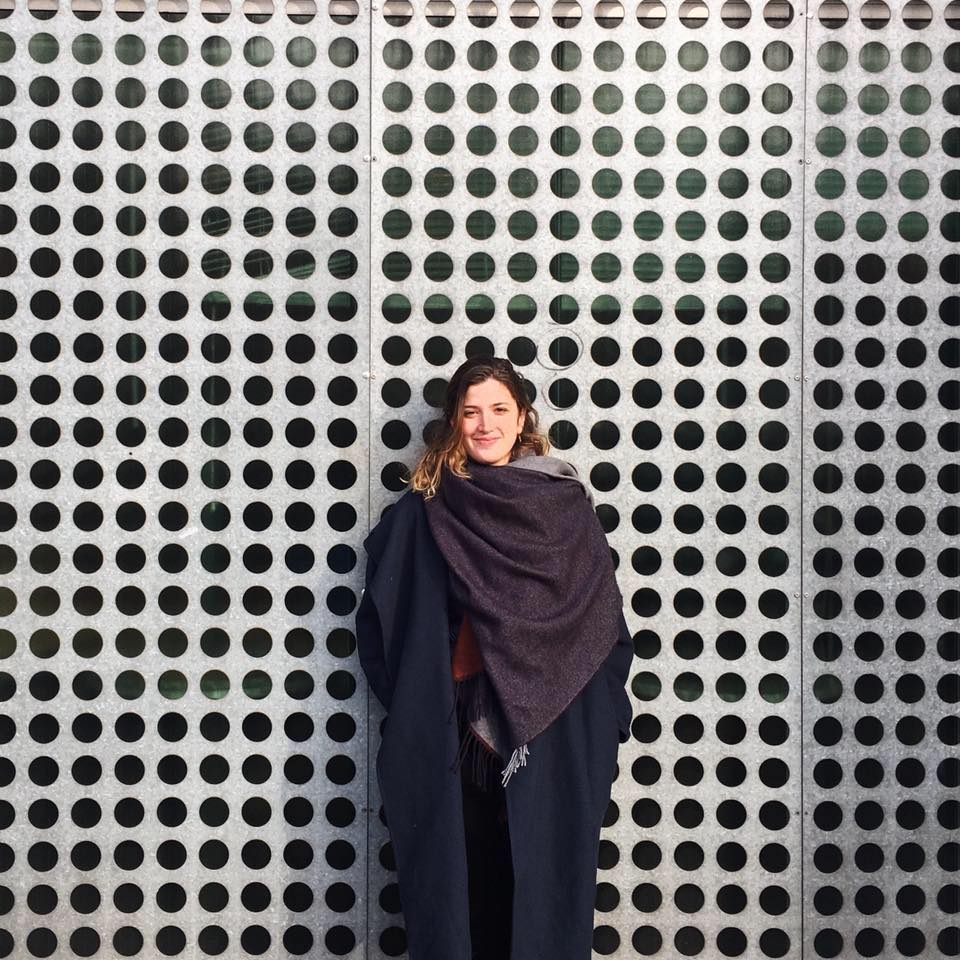 Submitted by Stefanie Weber on
Submitted by Stefanie Weber on
